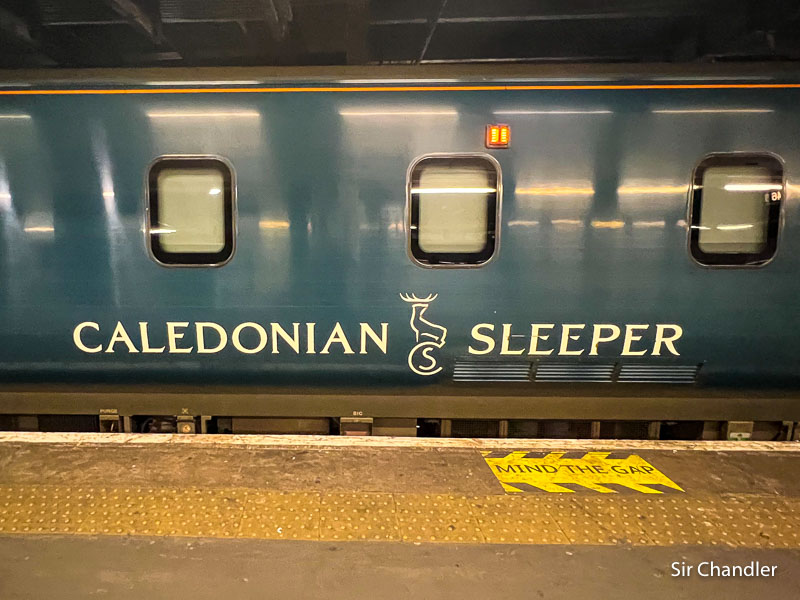Actor Miguel Hermoso owes his popularity above all to television and movies, but what really “excites” him is the theater. She made it clear yesterday in the telephone interview that he gave to Diario de Ibiza one day before getting on the charts of Can Ventosain Vila, to star alongside Maria Castro and Gorka Otxoa the play ‘La Alibi’, directed by Barnabas Rico and written by Christy Hall.
What seduced you from ‘La Alibi’ to get into the project?
Above all I was attracted to the quality of the character. I realized that Héctor demanded of me a very deep journey towards a trauma that connected with my own life and I thought that I could pour my own experience into him. At the same time, he submitted me to a challenge so daring, interesting and hard that I did not hesitate to jump headfirst.
I see that, despite all the years you’ve been acting, you still like a challenge.
You don’t have to settle. You have to try to complicate your life because you necessarily have to keep learning until you get as far as possible, always aspiring to excellence, even if sometimes you stop halfway. If, after so many years acting, you don’t set yourself challenges, difficulties, emotions and problems to solve, you get stuck and repeat yourself and that’s what I try not to happen to me.
What’s so attractive about ‘The Alibi?
It is a work that starts as a thriller and ends up being a great drama. It is very funny and very entertaining as a viewer because in the first part it keeps you attentive and active trying to connect the dots of the story to try to figure out what the hell is going on. It seems that Ana, played by María Castro, and her friend, played by Gorka Otxoa, are preparing an alibi and we don’t really know for what purpose. In the second part, in which a new character appears, that of Héctor, the plot takes a turn that forces you to disassemble and reconstruct the story again. That’s why it’s a very enjoyable work to watch and one that strikes a chord with you, because you end up identifying above all with the character of María. The work revolves around trauma, about how we human beings deal with it when we suffer a very hard blow in life.
With María Castro he coincided in the series ‘Amar es para siempre’, but with Gorka Otxoa it is his first experience. What is the key for there to be chemistry on stage and for that to reach the public?
The important thing is to look each other in the eyes on stage and tell each other the truth. In the theater you have to be you, the character comes after you. When I’m on stage I give myself completely to my peers. It is very important to really listen to them and that everything you say is a reaction to what they are telling you, that is what gives magic. I still feel like a student in many things. I often find that the more experience I gain, the less I know how to do it. Sometimes I get a round function and the next day I am not able to repeat it. It is not a mathematical formula that if you repeat it, it will come out the same every time. It depends on so many factors… Sometimes I wish it were something more scientific, but other times I realize that, thanks to that, the theater is still relevant and attracting the public, because there is nothing like it.
I deduce that the theater attracts him more than the cinema and television…
Yes. It is also true that the fact that you have done film and television work and have acquired a certain popularity influences your being counted on for theater productions. You have to be playing all the sticks, but I openly tell you that my job is theater and I think that is where one is forged as a performer.
Do you have more projects in hand for this year?
Yes, for the summer we will premiere ‘República de Roma’, a work by Roberto Rivera, and in November, ‘Las Guerra de nos ancestors’, a project that makes my eyes shine because this text by Miguel Delibes fascinated me when I was young and because I am going to have the opportunity to work with Carmelo Gómez. In addition, next week I will start filming the series ‘The Gypsy Bride’, directed by Paco Cabezas and which is an adaptation of the novel by Carmen Mola. When I started reading the script I couldn’t stop. I have full confidence that this series is going to hit hard.
It seems that the theater is recovering from the pandemic…
It is coming back but with so many cancellations and so many theaters first closed and then with restricted capacity, a bottleneck has formed between the tours that had been suspended and future projects. That’s why we go with the handbrake on. It’s understandable, but you have to think that economically these two years have been very hard for the actors and technicians, that we have had to survive, some pulling savings, others with the help of their parents and others resorting to Aisge, who me, in particular, has saved my life. We have had to pull resources from under the rocks to resist and what is coming now does not look much better with this crazy inflation. Above all, I am referring to the rise in fuel prices, which ends up having repercussions on all jobs that involve transport. What is coming looks very bad. I am afraid that there will come a point where it will end up not being profitable to leave the capital to act abroad. You have to think that where most theater companies get their resources is from tours.
–


